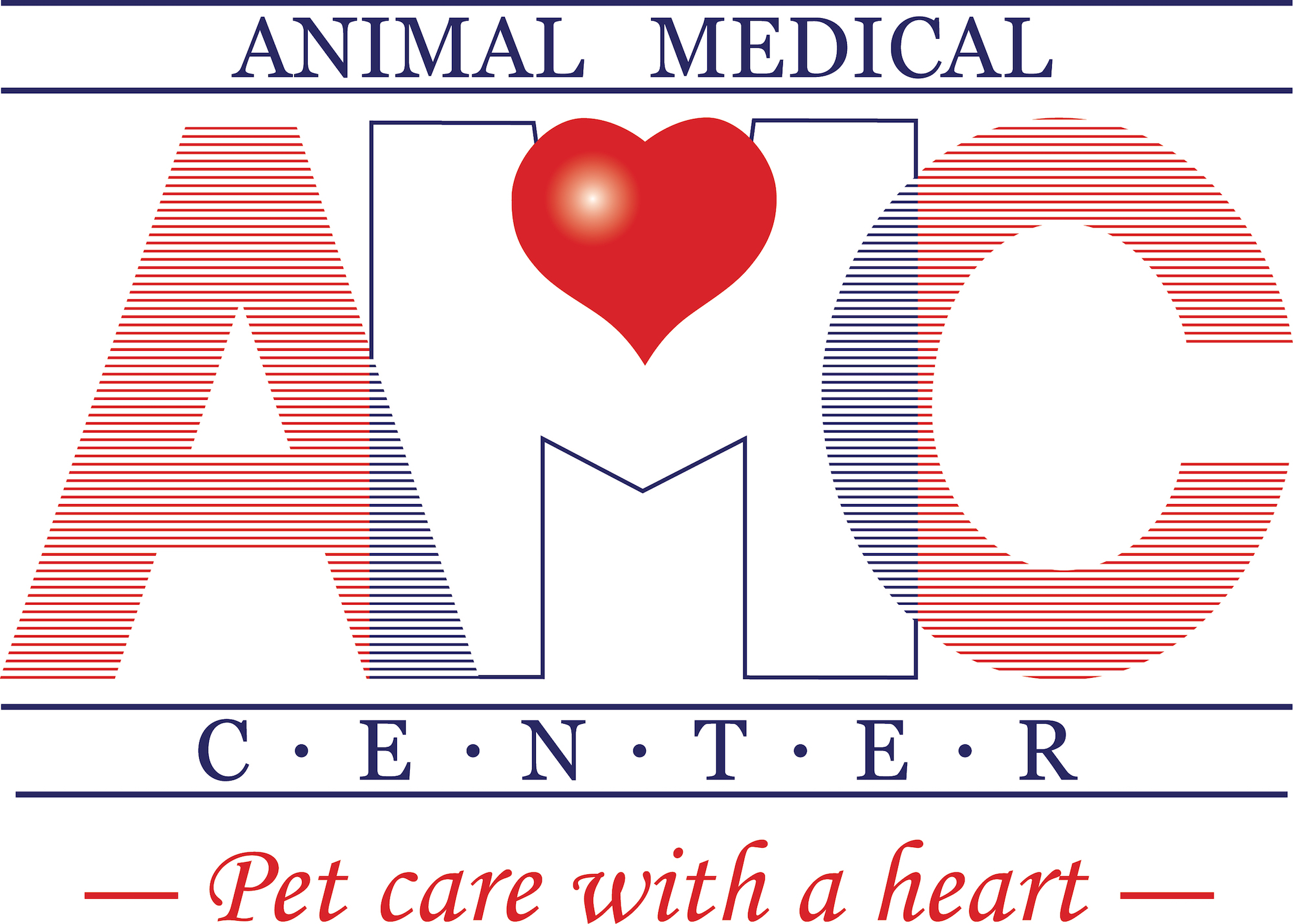Library
-
A nutraceutical is a food or food product that reportedly provides health and/or medical benefits. In addition to diet modifications, exercise, weight loss, and medications, joint support nutraceuticals are also helpful in an osteoarthritis management program. Nutraceuticals are not subjected to the same testing and regulation as pharmaceuticals. Your veterinarian can advise you on products that have been evaluated and have yielded positive effects.
-
A nutraceutical is a food or food product that reportedly provides health and medical benefits. Specific nutraceuticals are commonly used in the management of osteoarthritis in dogs. Because nutraceuticals are not subjected to the same testing and regulation as pharmaceuticals, it is always best to consult your veterinarian before giving any to your dog.
-
Over 60% of cats in North America are either overweight or obese, so paying attention to the balance between activity and calorie intake is important. Nutrient formulation and portion control are the two most important aspects of weight control. Once you have chosen a formula and have calculated a reasonable daily portion based on calorie density, the best way to stay on track and prevent unwanted weight gain is to combine portion control with regular, formal weigh-ins.
-
The optimal diet varies from species to species, and contains an ideal ratio of the major essential nutrients of proteins, fats and carbohydrates, as well as adequate levels of trace nutrients such as vitamins and minerals. While a recipe for a home-cooked diet may appear to come from a knowledgeable source, ideas about what constitutes the ideal diet for dogs and cats is currently evolving. Your veterinarian can help ensure that your pet's diet is appropriate and healthy.
-
It is important to understand the unique nutritional needs of performance dogs. Their success depends upon a combination of genetics, training, and nutrition. It is important to match the nutrient profile to the individual dog and the activity. Your veterinarian can assist you in making optimal nutritional choices for your canine athlete.
-
If your cat has a complicated condition or is not getting well, you may want to seek a specialist referral or a second opinion. Your veterinarian will likely help you get this set up as they want what is best for your pet. You will likely need to travel in many situations for a specialty referral.
-
If your dog has a complicated condition or is not getting well, you may want to seek a specialist referral or a second opinion. Your veterinarian will likely help you get this set up as they want what is best for your pet. You will likely need to travel in many situations for a specialty referral.
-
Odontogenic fibromas, sometimes previously referred to as an epulis, are benign tumors of the mouth often at the front of the upper jaw. These may be locally invasive and may cause some oral pain. Surgery is the recommended course of action to treat this condition.
-
Oral squamous cell carcinomas (SCC) are the most common oral tumor in cats, and second most common in dogs. These tumors are locally aggressive, with a possibility to metastasize. Regardless of the location of SCC, surgery is the typically the standard treatment. Radiation therapy may be recommended following surgery or as a primary treatment for palliative care. Staging is recommended for all cases. If metastasis is present chemotherapy is often pursued.
-
Fibrosarcomas are the second most common oral tumor in cats and arise from the fibrous and connective tissues of the oral cavity. These tumors are very invasive locally and are often difficult to manage, Diagnosis is based on biopsy and treatment involves surgery and occasionally radiation or chemotherapy. Palliative care with pain relief and antibiotics are essential to improve quality of life.

